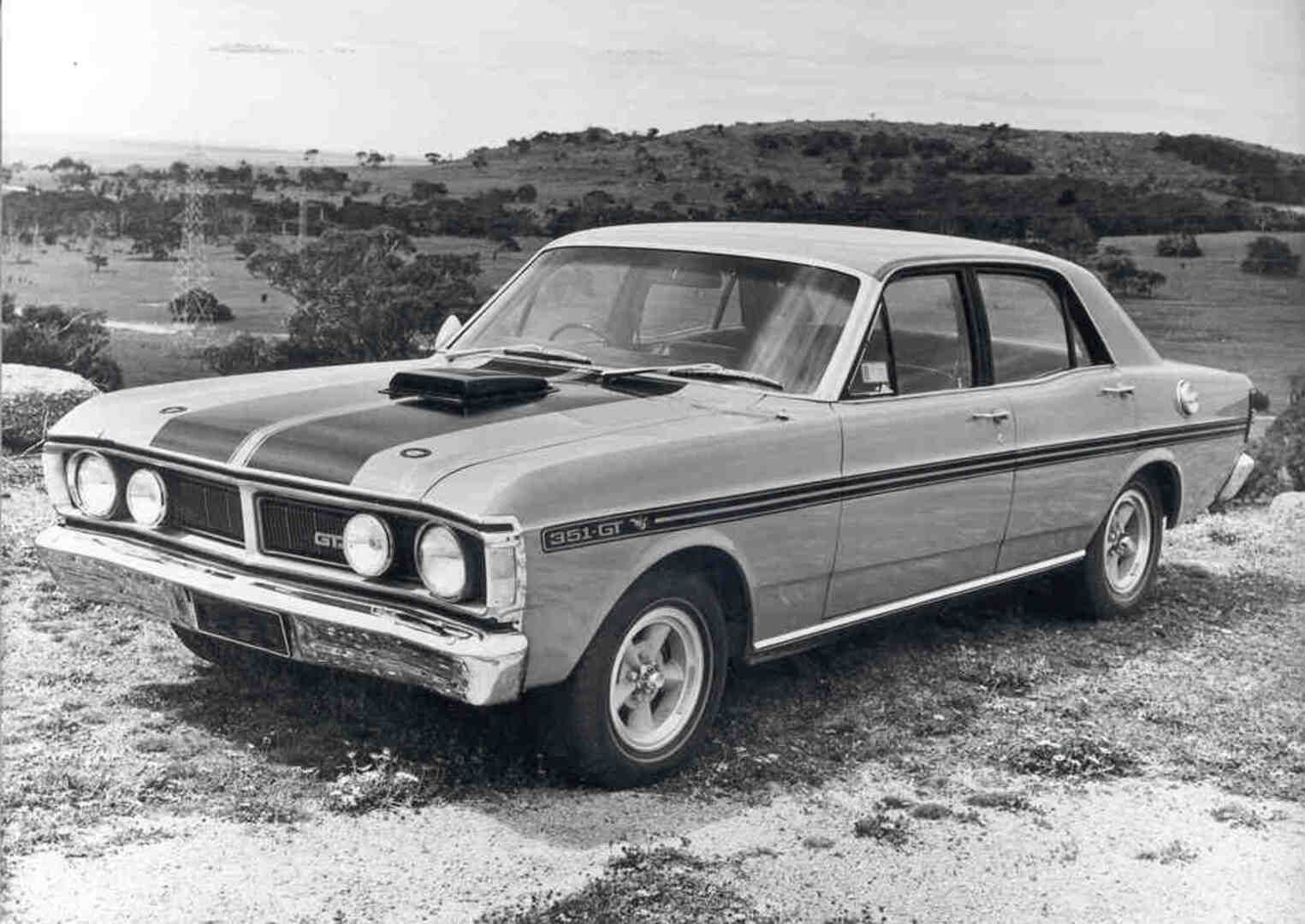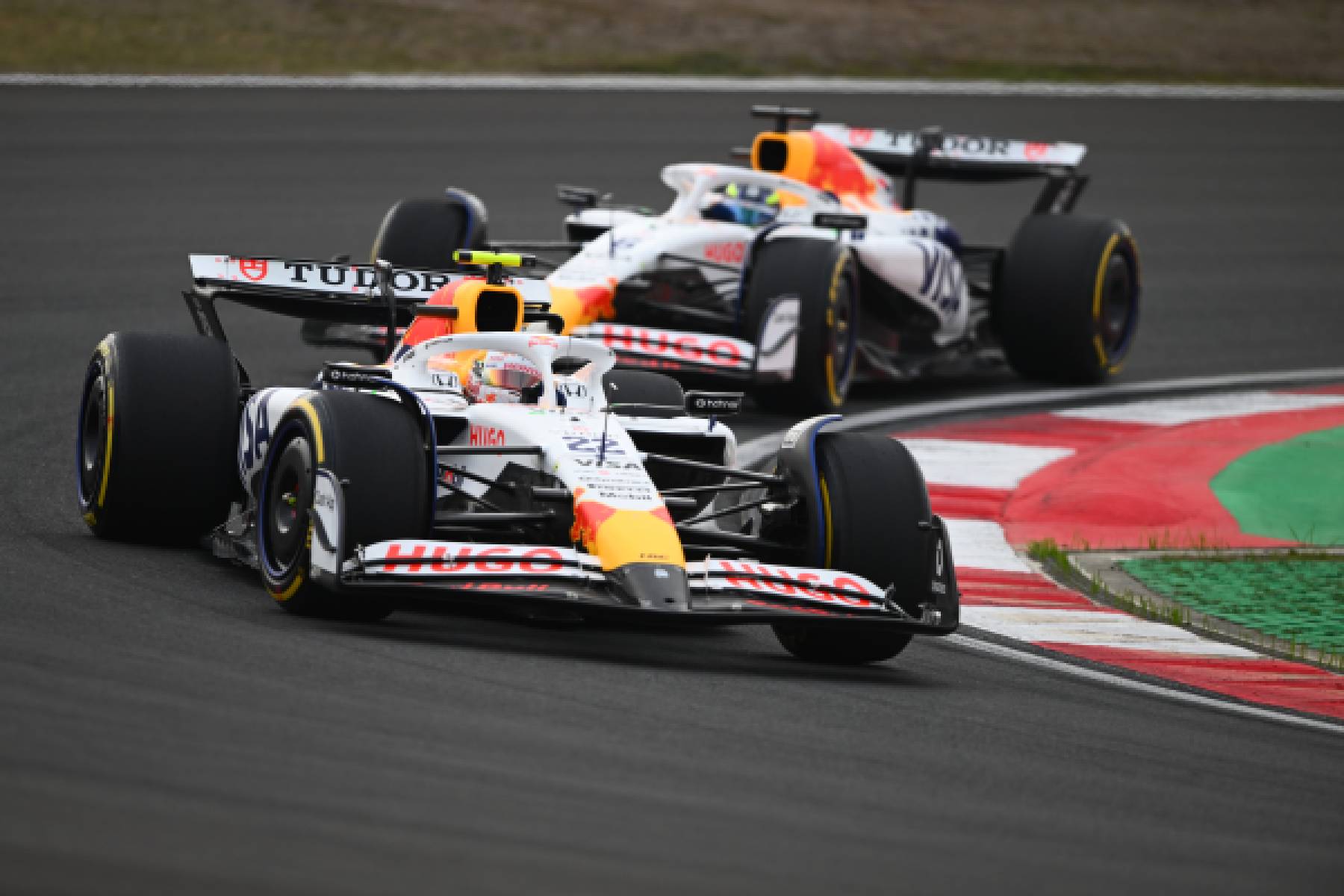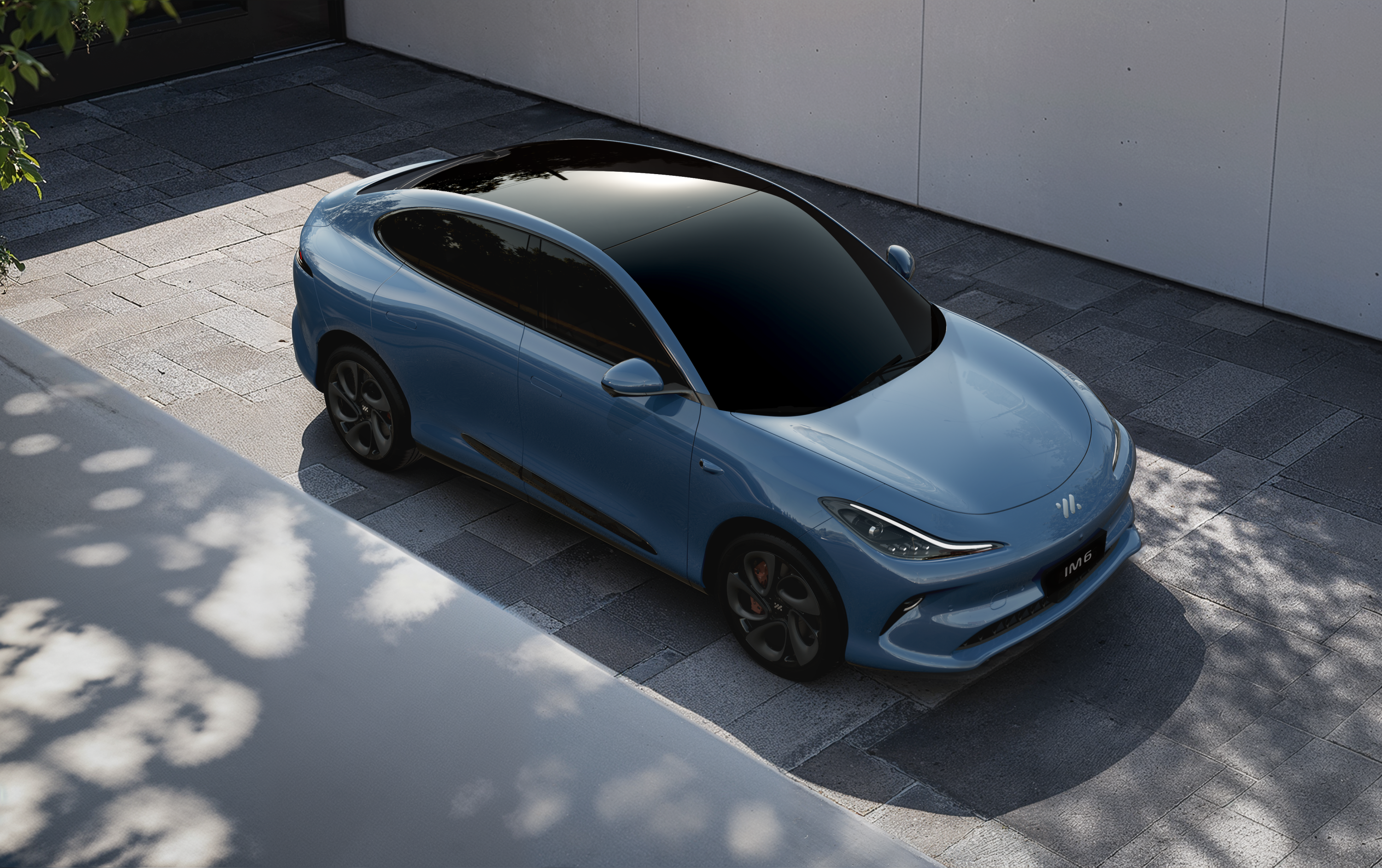A number of new Hyundai models are on their way utilising the latest hydrogen fuel-cell technology, with the company warning a pure electric-vehicle future will place too much strain on electricity infrastructure.
Hyundai Motor Europe president and CEO Michael Cole says the Korean carmaker is developing hydrogen-powered cars as an alternative to electric vehicles (EVs), with multiple passenger and commercial vehicles in the pipeline.
“We need both technologies (battery and fuel-cell),” Cole told Wheels on Monday at the 2021 Munich motor show.
“Maybe it’s not going to be so easy to have the electricity grid that can support everyone having EVs. That’s the advantage of hydrogen.”
In recent weeks, Hyundai teased its next hydrogen fuel-cell vehicle in a video showing the car drifting on a closed circuit. Cole remains tight-lipped, but it’s thought the vehicle could be a rear-wheel-drive performance model from Hyundai N.
“It’s too early to describe exactly what the vehicle will be,” he said, but added there is more than one passenger car utilising hydrogen fuel-cell technology on the way.
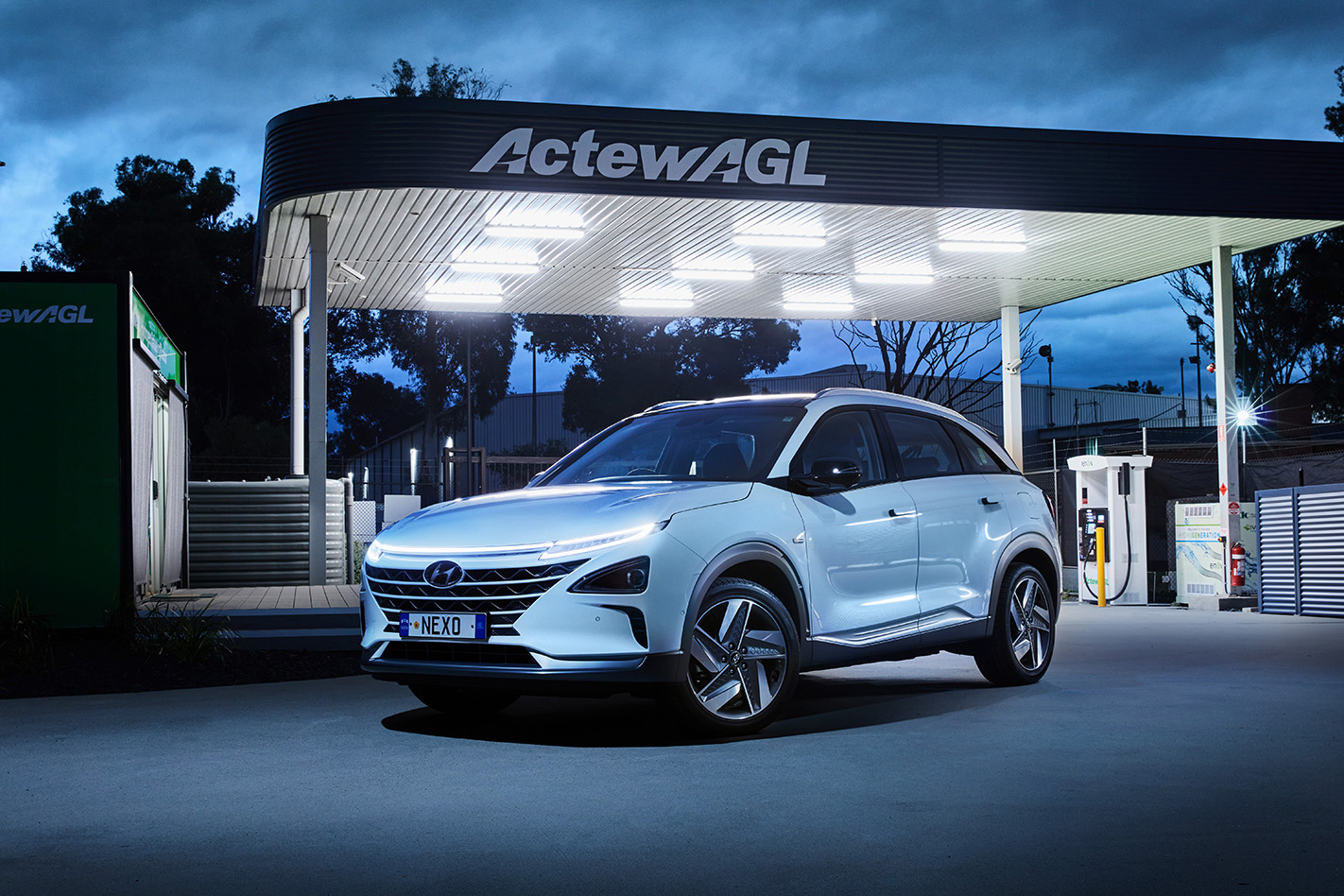
Despite both Volkswagen and General Motors rejecting hydrogen in recent years, Hyundai has been one of a handful of manufacturers doggedly pursuing the technology.
In March 2021, Hyundai launched the Nexo in Australia – the first hydrogen-powered car to go on sale locally, while the company helped build some of the country’s first refuelling facilities.
“We demonstrated … our commitment to Nexo and we’re already working on our third-generation fuel-cell,” Cole said.
Alongside Toyota, Hyundai is one of two manufacturers offering fuel-cell cars in Australia – and the only one to offer both hydrogen and fully-electric models.
“We believe that all these different technologies could have a role to play. We certainly see [the advantages of] battery-electric vehicles, but the fuel-cell technology offers advantages that you don’t get with battery [technology].”
Hyundai has also been exploring the viability of hydrogen-powered commercial trucks. While current EV tech means trucks could be off the road for hours while they recharge, hydrogen tanks can be refilled in minutes.
“It’s particularly relevant in commercial vehicles and the heavy goods transport area. That’s where we see that initial advancement in fuel-cell [technology].”
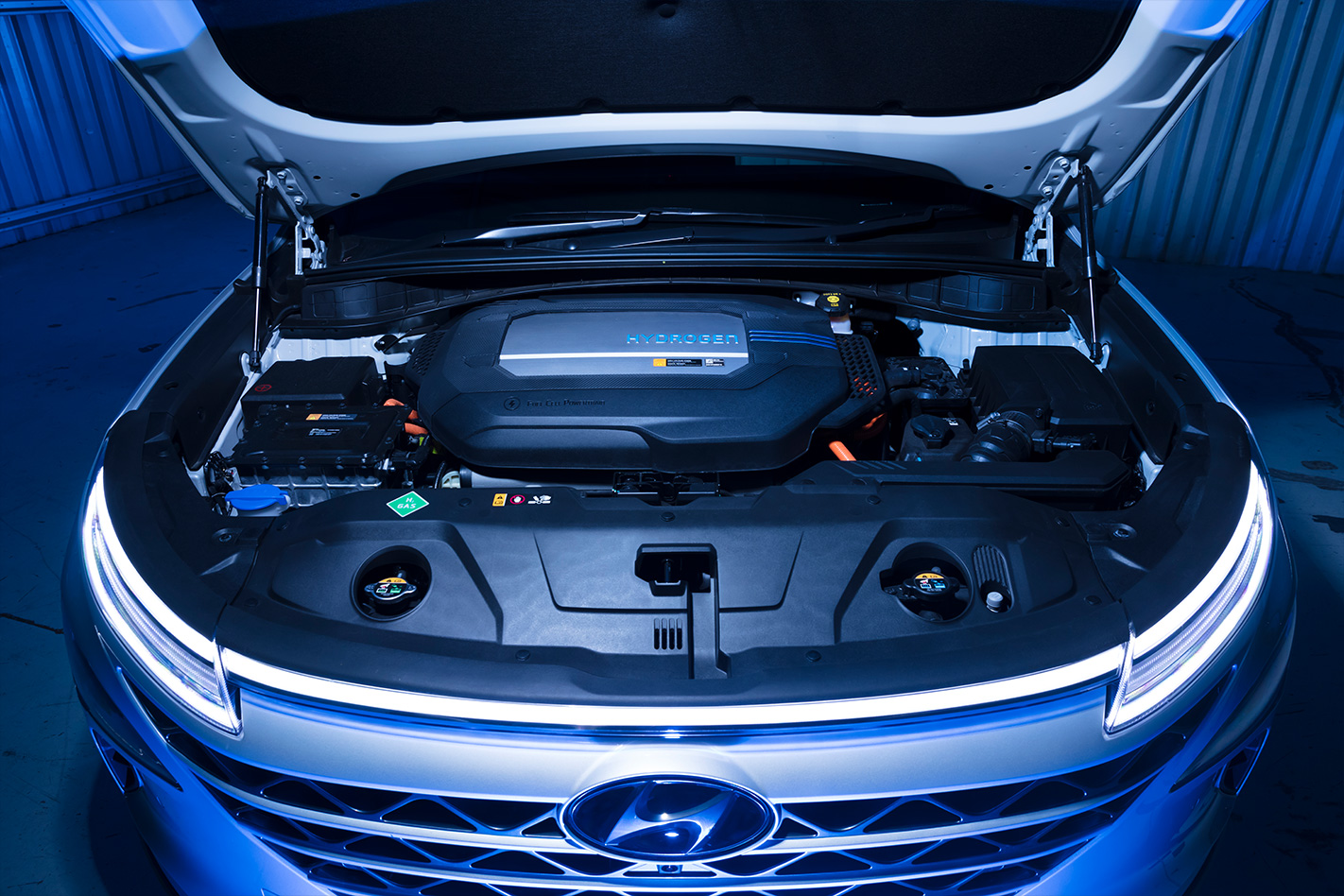
Hyundai’s European arm is aiming to have 1600 hydrogen vehicles on the road by 2025 – but Cole stresses it’s about the development of the technology, as well as public acceptance of hydrogen as a legitimate alternative fuel.
“This is about getting the rate of efficiency in our fuel-cell technology,” he said.
“Talking about developing it from a sales point of view is not really where we’re focusing. It’s about improving the technology – not only the power efficiency, but also the cost efficiency, and that’s why we continue to move on [to] the next generation.
“We have to keep moving forward and our leadership with hydrogen.”
We recommend
-
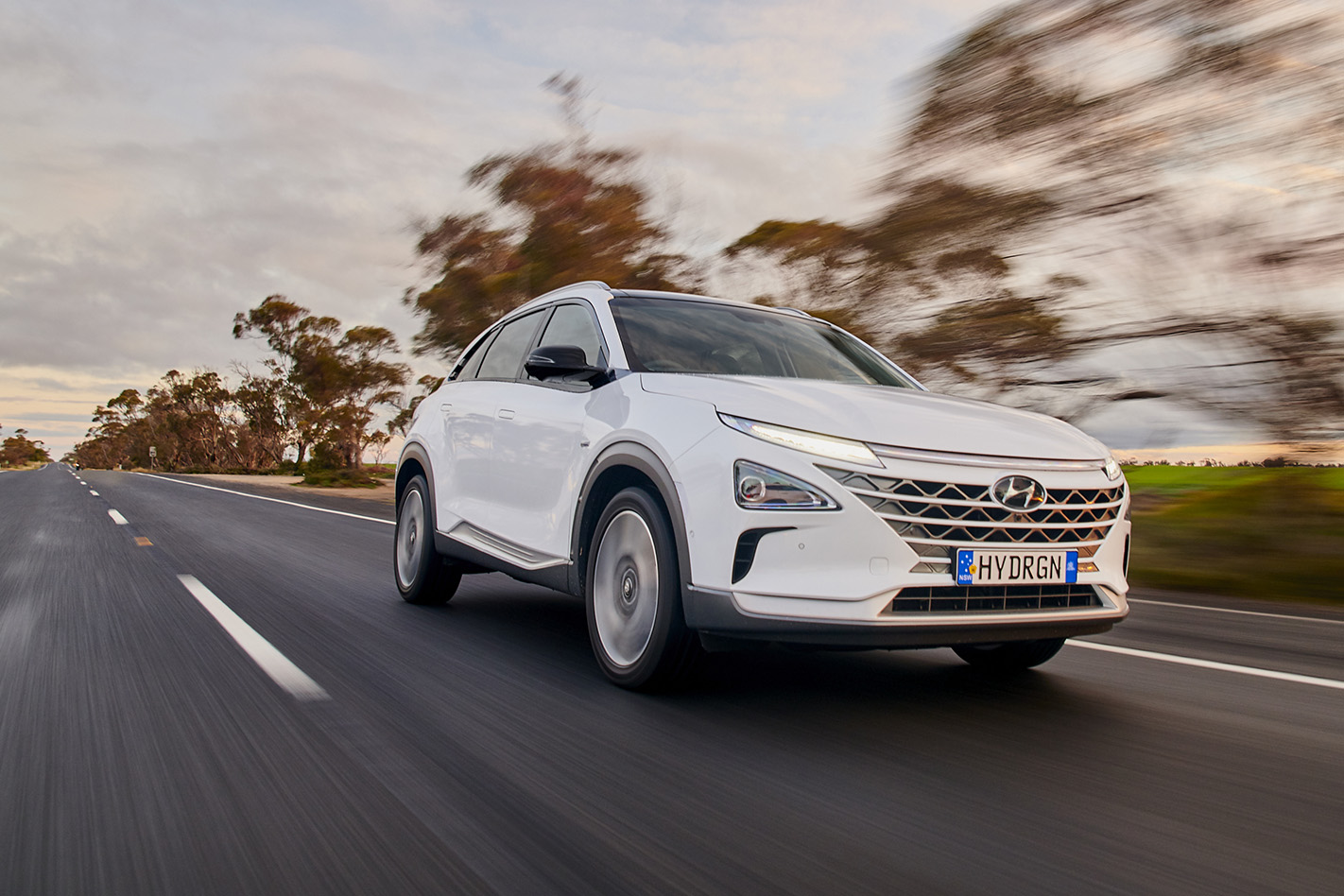 Reviews
Reviews2021 Hyundai Nexo FCEV review
The Nexo is the first publicly available hydrogen vehicle in Australia, but is it any good?
-
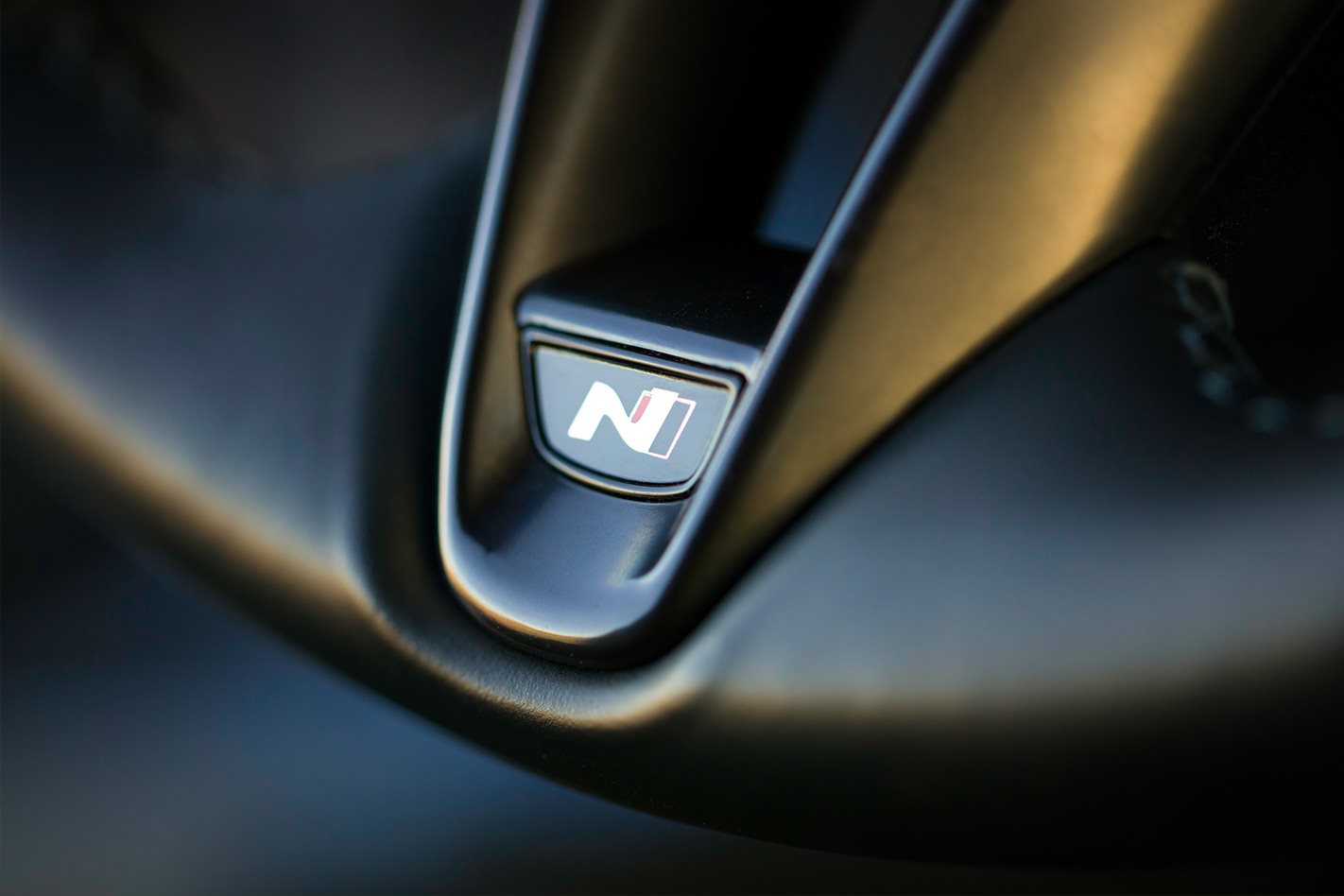 News
NewsHyundai N exploring hydrogen performance cars
Forget EVs, the boss of Hyundai’s N division says the future of performance cars could be hydrogen
-
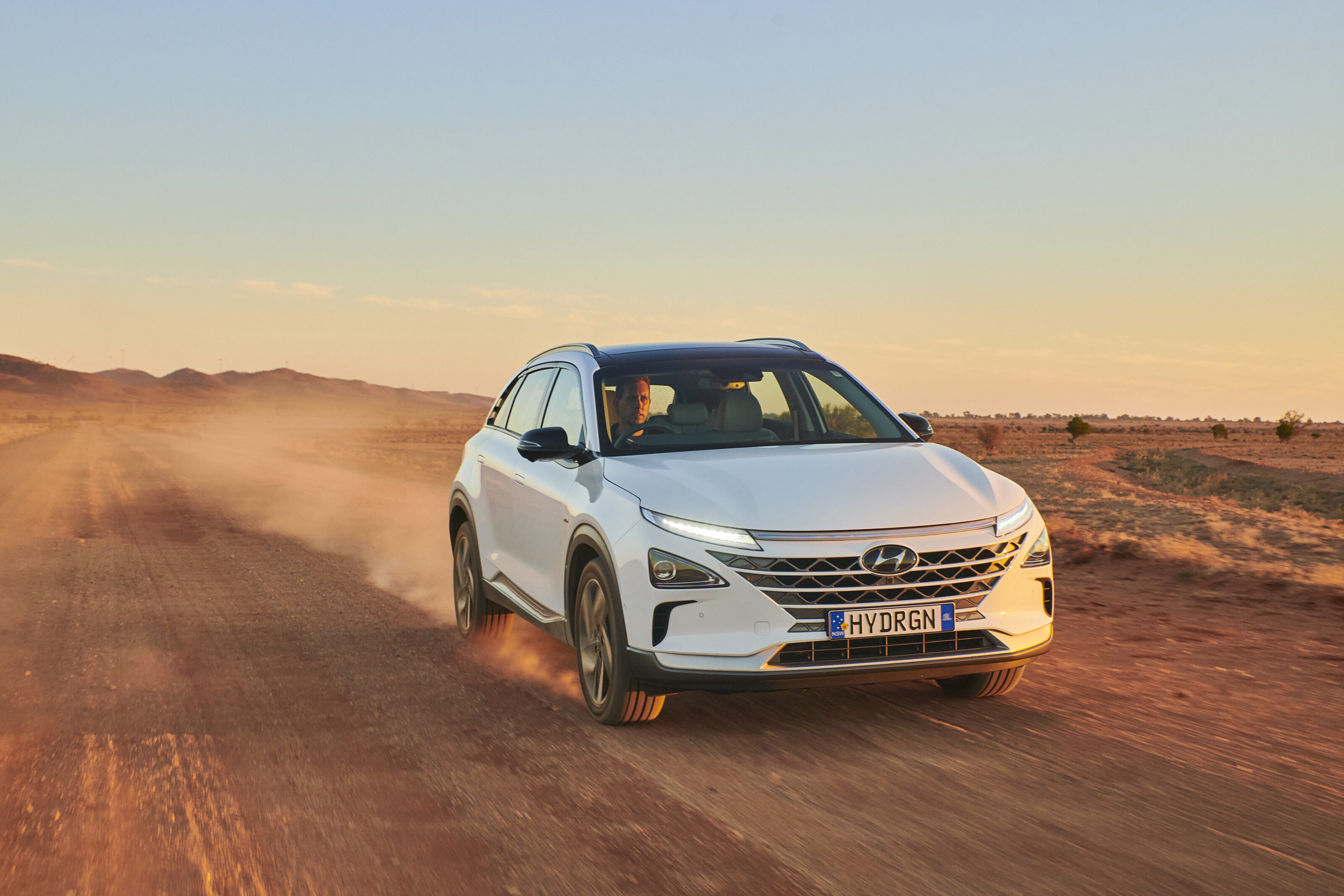 News
NewsAustralian Hyundai Nexo breaks hydrogen fuel-cell distance record
Rally driver Brendan Reeves nursed the Nexo more than 222km beyond its official range while travelling from Melbourne to beyond Broken Hill


